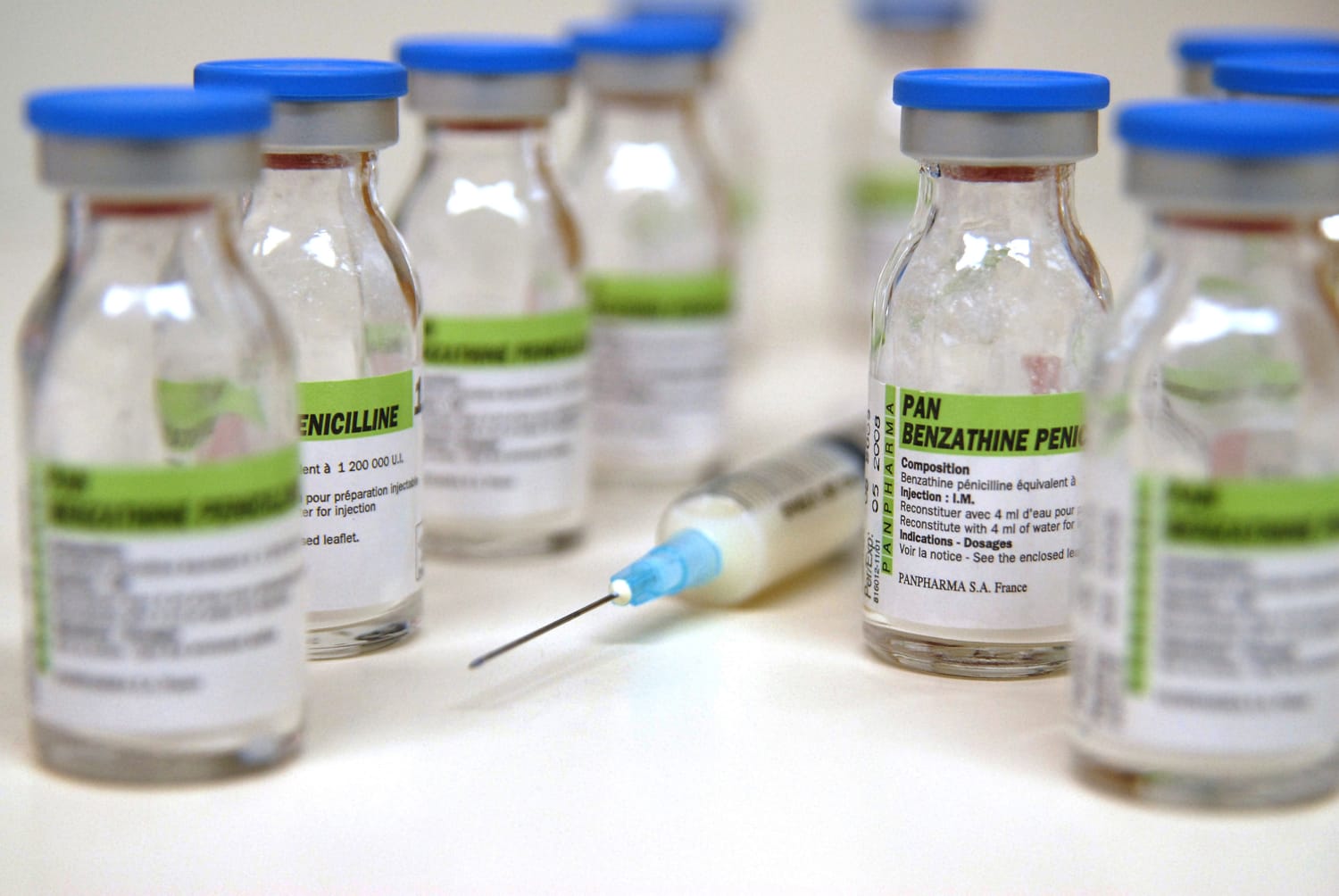
Penicillin, a groundbreaking antibiotic, has saved countless lives since its discovery. But how much do you really know about this medical marvel? Penicillin was discovered by accident, yet it revolutionized medicine. It’s derived from mold, specifically the Penicillium genus. Before its discovery, bacterial infections often led to severe illness or death. Today, it’s a staple in treating infections. Did you know penicillin was first mass-produced during World War II? This antibiotic not only changed the course of medicine but also had a significant impact on the war effort. Ready to learn more? Here are 31 fascinating facts about penicillin that will surprise you!
The Discovery of Penicillin
Penicillin, the first true antibiotic, revolutionized medicine. Its discovery marked a turning point in the fight against bacterial infections.
- Alexander Fleming discovered penicillin in 1928 by accident when he noticed mold killing bacteria in a petri dish.
- The mold that produces penicillin is called Penicillium notatum.
- Fleming initially called the substance "mold juice" before naming it penicillin.
- Penicillin was not immediately recognized as a significant discovery; it took over a decade for its potential to be realized.
The Development and Mass Production
Turning penicillin from a laboratory curiosity into a life-saving drug required significant effort and collaboration.
- Howard Florey and Ernst Boris Chain were instrumental in developing penicillin for medical use.
- During World War II, penicillin was mass-produced to treat wounded soldiers, saving countless lives.
- The first patient successfully treated with penicillin was a police officer named Albert Alexander in 1941.
- Penicillin production was ramped up in the United States, with pharmaceutical companies like Pfizer playing a key role.
The Impact on Medicine
Penicillin's introduction had a profound impact on medical practices and patient outcomes.
- Penicillin effectively treats bacterial infections such as pneumonia, strep throat, and syphilis.
- The drug significantly reduced the mortality rate from bacterial infections.
- Penicillin paved the way for the development of other antibiotics.
- It is often referred to as the "miracle drug" due to its life-saving properties.
The Science Behind Penicillin
Understanding how penicillin works helps appreciate its importance in medicine.
- Penicillin works by inhibiting the synthesis of bacterial cell walls, causing the bacteria to burst and die.
- It is most effective against Gram-positive bacteria, which have a thick cell wall.
- Penicillin is a beta-lactam antibiotic, named for its beta-lactam ring structure.
- Some bacteria have developed resistance to penicillin by producing an enzyme called beta-lactamase, which breaks down the antibiotic.
Penicillin Allergies and Side Effects
While penicillin is a powerful antibiotic, it is not without its drawbacks.
- Approximately 10% of people report being allergic to penicillin.
- Symptoms of a penicillin allergy can range from mild rashes to severe anaphylaxis.
- Penicillin allergies can sometimes be outgrown; many people lose their sensitivity over time.
- Common side effects of penicillin include nausea, diarrhea, and yeast infections.
Penicillin in Modern Medicine
Despite being discovered nearly a century ago, penicillin remains a cornerstone of modern medicine.
- Penicillin is still widely used today, particularly for treating streptococcal infections.
- It is often the first-line treatment for bacterial infections in children.
- Penicillin has been modified to create semi-synthetic derivatives like amoxicillin, which have broader applications.
- The World Health Organization lists penicillin as an essential medicine.
Interesting Facts About Penicillin
Penicillin's story is filled with fascinating tidbits that highlight its significance and impact.
- Penicillin was the first antibiotic to be used in humans.
- The discovery of penicillin earned Alexander Fleming, Howard Florey, and Ernst Boris Chain the Nobel Prize in Physiology or Medicine in 1945.
- Penicillin's discovery is often considered one of the greatest medical breakthroughs of the 20th century.
- The term "antibiotic" was coined by Selman Waksman in 1942, inspired by penicillin's success.
- Penicillin has saved millions of lives since its introduction.
- The original mold that Fleming used to discover penicillin is still preserved at the British Museum.
- Penicillin's discovery and development are often cited as a prime example of the importance of scientific collaboration and perseverance.
Penicillin's Impact on Medicine
Penicillin changed medicine forever. It saved countless lives during World War II and continues to fight infections today. Discovered by Alexander Fleming in 1928, this antibiotic marked the beginning of modern medicine. Before penicillin, even minor infections could be deadly. Now, it's a staple in hospitals worldwide.
Its discovery wasn't just luck; it was a mix of curiosity and persistence. Fleming's work paved the way for other antibiotics, revolutionizing healthcare. Despite its age, penicillin remains effective against many bacterial infections. However, antibiotic resistance is a growing concern, making responsible use crucial.
Penicillin's story is a reminder of science's power to transform lives. From a moldy petri dish to a life-saving drug, its journey is nothing short of remarkable. As we look to the future, penicillin's legacy will continue to inspire innovation in medicine.
Was this page helpful?
Our commitment to delivering trustworthy and engaging content is at the heart of what we do. Each fact on our site is contributed by real users like you, bringing a wealth of diverse insights and information. To ensure the highest standards of accuracy and reliability, our dedicated editors meticulously review each submission. This process guarantees that the facts we share are not only fascinating but also credible. Trust in our commitment to quality and authenticity as you explore and learn with us.
